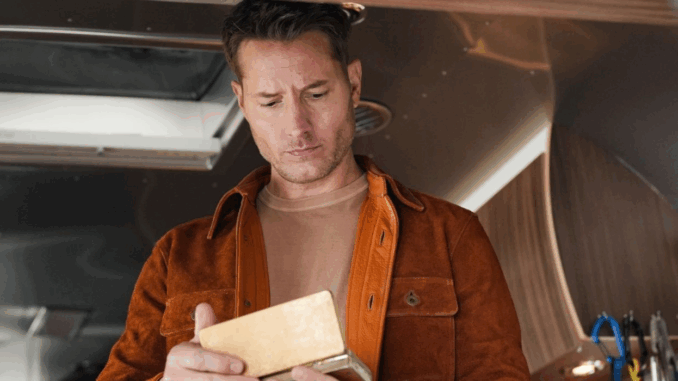
Beyond the Shadows: Complex Villains with Depth
In most network procedurals, villains are often reduced to archetypes—mobsters, kidnappers, or jealous lovers. Tracker, however, rewrites the rules. The antagonists that Colter Shaw faces are not simply obstacles to be overcome, but layered, emotionally rich characters whose motives often spark empathy, confusion, or even introspection from the viewer. What makes them remarkable isn’t their criminal acts, but the reasons behind them.
Take, for example, the war veteran-turned-private mercenary who seeks vengeance on a system that failed him. He isn’t just a one-episode baddie; his backstory is told through flashbacks, dialogue, and even subtle cues like his precision and silence. He mirrors Colter in troubling ways—both trained, both distrustful of bureaucracy, both haunted. But one chose justice; the other, revenge.
The villains in Tracker often act as emotional foils. One episode features a grieving pediatrician who begins harvesting organs illegally to save dying children. Her motive is horrifying yet heartbreakingly human. When Colter finally confronts her, it’s not with guns drawn, but with a quiet conversation about consequence and intent. The show doesn’t demand that you forgive her, but it does ask that you understand her.
Casting Choices That Matter
Much of this depth is brought to life by stellar guest casting. Seasoned stage actors, indie film veterans, and even newcomers have all had turns portraying Tracker villains, giving the series a theatrical quality that elevates its storytelling. These actors don’t play caricatures—they play people, wounded and warped by life.

A standout is the tech mogul who frames a rival for embezzlement while preaching digital utopianism. Played with a chilling smile by a well-known sci-fi actor, he’s both magnetic and repulsive. His downfall isn’t dramatic; it’s administrative, thanks to Bobby’s tech sleuthing. But the performance lingers.
Villainy That Reflects the Hero
What makes the villain roster so effective is how they reflect Colter Shaw’s own vulnerabilities. He sees in them the same rage, the same tendency to isolate, the same refusal to trust. This mirroring is subtle—handled through glances, unfinished sentences, or choices that echo Colter’s own past.
In several episodes, Colter is forced to admit that he too might have gone down similar paths had life bent slightly differently. These moments are when the show is at its most honest. It doesn’t celebrate the hero. It scrutinizes him.
Moral Dilemmas That Hit Home
Finally, Tracker excels at asking its audience difficult questions. Is a desperate act always a crime? Can revenge ever be righteous? Should morality bend for love or justice? The villains are the vehicle for these themes, and that’s what makes them so essential—not just to the plot, but to the philosophical heart of the show.
